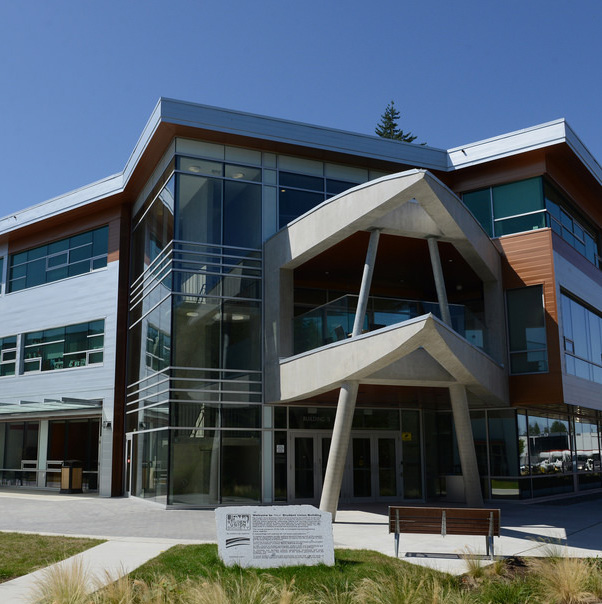A change to the internal structure of the Student Union Society (SUS) was approved at the last board meeting of the previous board. The five officer positions have been replaced by six coordinator and commissioner positions, and more may come by September.
The five officer positions were: advocacy, clubs and associations, equalities, engagement, and finance. The new positions are: policy commissioner, mentorship and leadership commissioner, clubs and associations coordinator, and SUS orientation coordinator, all overseen by the vice-presidents; the gender equalities centre coordinator and Pride UFV coordinator will report to the executive director.
“There will be more positions coming, but we thought that these were the important ones and we need to get them out right away,” said SUS president, Gurvir Gill.
Gill also said that at least another three would be made prior to September. The positions that are being hired for currently were more pressing and needed to be filled going into the fall semester. The others were delayed to keep opportunities open for students enrolled in the fall.
“If we hire all the positions right now, it takes away from some of the potential candidates that we might have in September, when new students come,” Gill said.
The future positions haven’t been created yet, but Gill said that they are looking into hiring an events coordinator, as well as for some kind of ethno-cultural position.
While the positions were reworked to distribute work responsibilities, the term “officers” was changed to comply with society standards.
Under the societies act, officers are directors with specific roles. These are generally president, vice-president, secretary, or treasurer. In many organizations, executive positions are referred to as officers, and would have signatory authority. Within the student union’s structure, officers weren’t considered executives.
“We want to make sure that everyone outside of the organization is able to understand the positions and that we’re cohesive with the other universities, as they have commissioners and coordinators,” said Gill.
Commissioner and coordinator are more commonly used terms for these kinds of positions.
“And we thought that we could do a better breakdown to create more positions, take a bit of the workload off a bunch of the positions,” he said.
The changes were also made to break down each position with a narrower focus. Previously, officers worked about 20 hours a week. Commissioners and coordinators will work five to 10 hours a week, with the exception of the clubs and associations coordinator working 10 to 15.
Gill said that this was done to remove some of the stress on students fulfilling these roles.
“This gives students leeway, they’re able to put in the work, get decent pay, work with the student schedule, and for some students who wanted to work another job, it wouldn’t prevent them from taking that opportunity, or engaging with other opportunities on campus,” Gill said.
The new structure will use the previous model to determine how many hours each position requires. With the five officer positions, each working 20 hours a week, there was a total of 100 hours of work per week. That was used as the cap set by the student union for how many new positions could be created. Commissioners and coordinators will each work fewer hours per week, but there will be more positions.
The Student Union Society is currently taking applications; Friday, June 2 will be the last day to apply.


